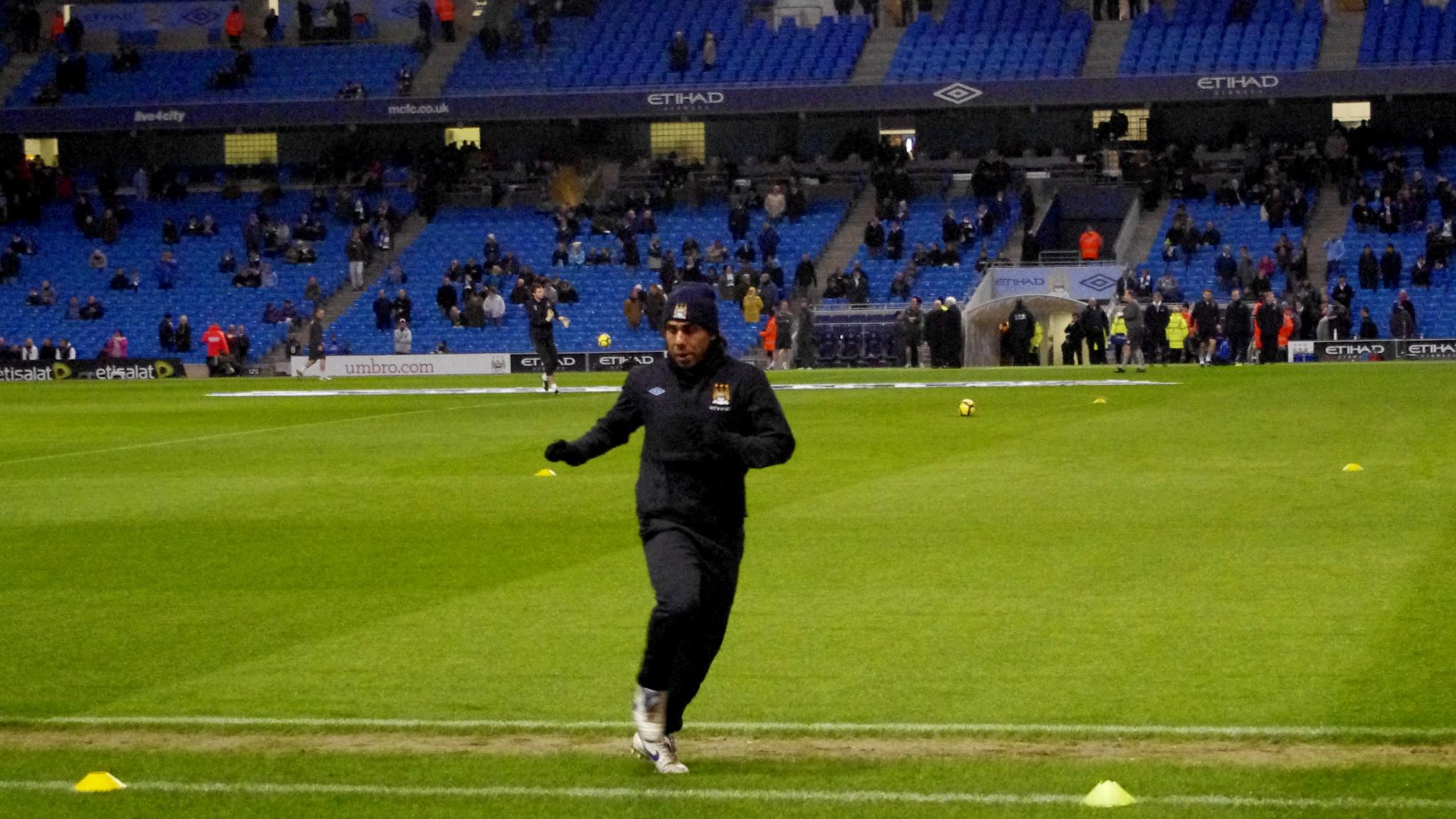Still searching for ways to deal with the financial impact of COVID-19, Chinese soccer returns on April 22.
The upcoming season will see the Chinese Super League (CSL) grow from 16 teams to 18.
This may come as a surprise, with some of the league’s top clubs folding in the past few years.
In 2020, Chinese mega-corporation Suning unexpectedly abandoned their Jiangsu-based soccer club. As a result, Jiangsu Suning, the league’s defending champions, ceased operation.
This came with the news that the club had failed to pay player wages. Their failure to pay was in no small part due to the impact of COVID-19 on China’s economy.
Likewise, many other clubs playing in the league have recently struggled to pay wage bills.
Guangzhou FC has won the CSL more than any other team in history. But just this month, the club announced that they would limit their salary expenses to 600,000 yuan – the equivalent of $95,000 USD – for the upcoming season.
This means that most of the club’s stars must leave. That is, if they haven’t already.
 Guangzhou FC, above in a match with Jiangsu Suning, has drastically limited their salary cap.
Guangzhou FC, above in a match with Jiangsu Suning, has drastically limited their salary cap.
The Chinese Super League’s Financial Restrictions
Last year saw the CSL implement a salary cap for the first time.
With the new rules, clubs are only allowed to pay players a total of 5 million yuan, or $790,000, for the entire season.
Six years ago, Shanghai Shenhua brought in Carlos Tevez, a world-renowned player, with wages of £650,000 per week. Yes, per week.
 In 2016, Carlos Tevez signed for Shanghai Shenhua at £650,000 per week.
In 2016, Carlos Tevez signed for Shanghai Shenhua at £650,000 per week.
This was not a one-off. With that kind of money being thrown around, the CSL threatened to compete with the world’s top-five soccer leagues.
This attracted top players and coaches. Some even left in the prime of their careers to join the less-prestigious league.
And so a financial bubble formed.
With big-name players coming in, the CSL unsurprisingly garnered lots of attention from a worldwide audience.
This newfound spotlight saw some of China’s largest companies purchase CSL soccer clubs, specifically companies working in real estate.
As of last year, 15 of the CSL’s 16 clubs were backed by Chinese real estate companies.
Corporations used the purchases of soccer clubs to further promote their brand. This was mainly done by placing their company name in the clubs’ official team names.
With more financial backing came more big-money deals for players and coaches. And so it went on and on and on.
Until now.
The Bubble Has Burst
In correspondence with the league’s increased financial restrictions, all clubs are now required to remove the names of businesses from their official team name.
This new rule brings with it less brand exposure for the corporations backing the CSL’s clubs.
Shanghai International Port Group’s soccer club, Shanghai SIPG, recently changed its name to Shanghai Port. With less money coming into the league and less room for advertising, perhaps it is only a matter of time before they abandon the club entirely, just as Suning did Jiangsu.
The Fate of the Chinese Super League
Unfortunately for the Chinese Super League, this trend isn’t showing any signs of stopping. With each passing day, uncertainty surrounding the league’s future grows.
Perhaps this season will be a good indicator as to where the fate of the Chinese Super League stands.




0 Comments